To provide the best experiences, we use technologies like cookies to store and/or access device information. Consenting to these technologies will allow us to process data such as browsing behaviour or unique IDs on this site. Not consenting or withdrawing consent, may adversely affect certain features and functions.
The technical storage or access is strictly necessary for the legitimate purpose of enabling the use of a specific service explicitly requested by the subscriber or user, or for the sole purpose of carrying out the transmission of a communication over an electronic communications network.
The technical storage or access is necessary for the legitimate purpose of storing preferences that are not requested by the subscriber or user.
The technical storage or access that is used exclusively for statistical purposes.
The technical storage or access that is used exclusively for anonymous statistical purposes. Without a subpoena, voluntary compliance on the part of your Internet Service Provider, or additional records from a third party, information stored or retrieved for this purpose alone cannot usually be used to identify you.
The technical storage or access is required to create user profiles to send advertising, or to track the user on a website or across several websites for similar marketing purposes.
 There’s no question what has occupied the majority of attention for risk managers during 2020. But Healix International, believes the all-consuming consequences of the pandemic could leave governments and employers exposed to other risks in 2021. (more…)
There’s no question what has occupied the majority of attention for risk managers during 2020. But Healix International, believes the all-consuming consequences of the pandemic could leave governments and employers exposed to other risks in 2021. (more…)






 A new think tank has launched today to mark the United Nations’ International Day of Persons with a Disability. Called ‘
A new think tank has launched today to mark the United Nations’ International Day of Persons with a Disability. Called ‘
 A new scheme for rating the operational energy efficiency of UK offices, NABERS UK, has been launched.
A new scheme for rating the operational energy efficiency of UK offices, NABERS UK, has been launched. 
 The
The 
 A large number of British companies companies say they plan to install monitoring software of some kind to keep an eye on employees working from home, according to a new survey. Around 20 percent of employers said their firms have either implemented, or plan to implement, online software which monitors their remote workers.
A large number of British companies companies say they plan to install monitoring software of some kind to keep an eye on employees working from home, according to a new survey. Around 20 percent of employers said their firms have either implemented, or plan to implement, online software which monitors their remote workers. 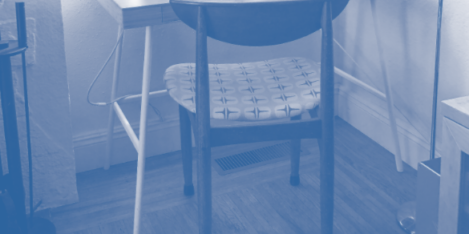
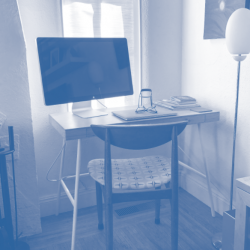 A new study on work-life balance claims that the COVID-19 crisis is a crucial factor – but not the only one – behind low levels of wellbeing among employees working from home. A research team including Professor Ilke Inceoglu, Professor of Organisational Behaviour and HR Management at the
A new study on work-life balance claims that the COVID-19 crisis is a crucial factor – but not the only one – behind low levels of wellbeing among employees working from home. A research team including Professor Ilke Inceoglu, Professor of Organisational Behaviour and HR Management at the 
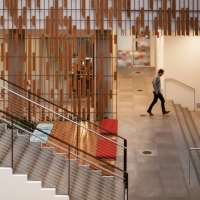 The UK’s digital skills gap could pose a risk to economic recovery, new research from
The UK’s digital skills gap could pose a risk to economic recovery, new research from 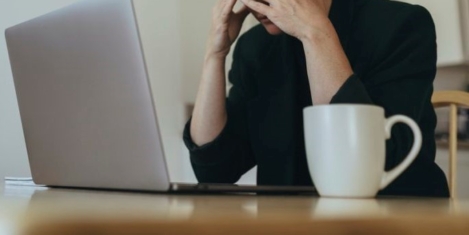
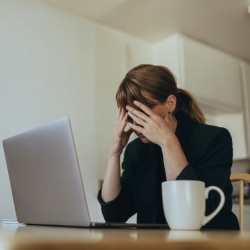 Despite the last-minute extension of the furlough scheme, new research conducted among UK business leaders claims that great concern remains around making redundancies and in particular the legal risk. The survey of over 440 UK business leaders, conducted by employment law and HR support firm
Despite the last-minute extension of the furlough scheme, new research conducted among UK business leaders claims that great concern remains around making redundancies and in particular the legal risk. The survey of over 440 UK business leaders, conducted by employment law and HR support firm 
 It has now been more than eight months since the government first advised people to work from home if possible, due to COVID-19. The shift to remote working happened suddenly in March and quickly became part of everyday life; in April 2020 alone,
It has now been more than eight months since the government first advised people to work from home if possible, due to COVID-19. The shift to remote working happened suddenly in March and quickly became part of everyday life; in April 2020 alone, 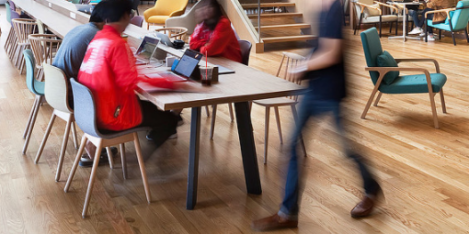
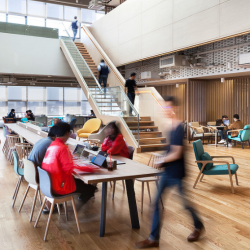 A survey issued by architecture, design, and planning firm
A survey issued by architecture, design, and planning firm 
 Men, younger people, and those with conservative political views are less likely to comply with Covid-19 measures such as social distancing, claims new research from
Men, younger people, and those with conservative political views are less likely to comply with Covid-19 measures such as social distancing, claims new research from 







December 1, 2020
The great lesson of 2020 for small businesses is to be ready for anything
by Annil Chandel • Business, Comment